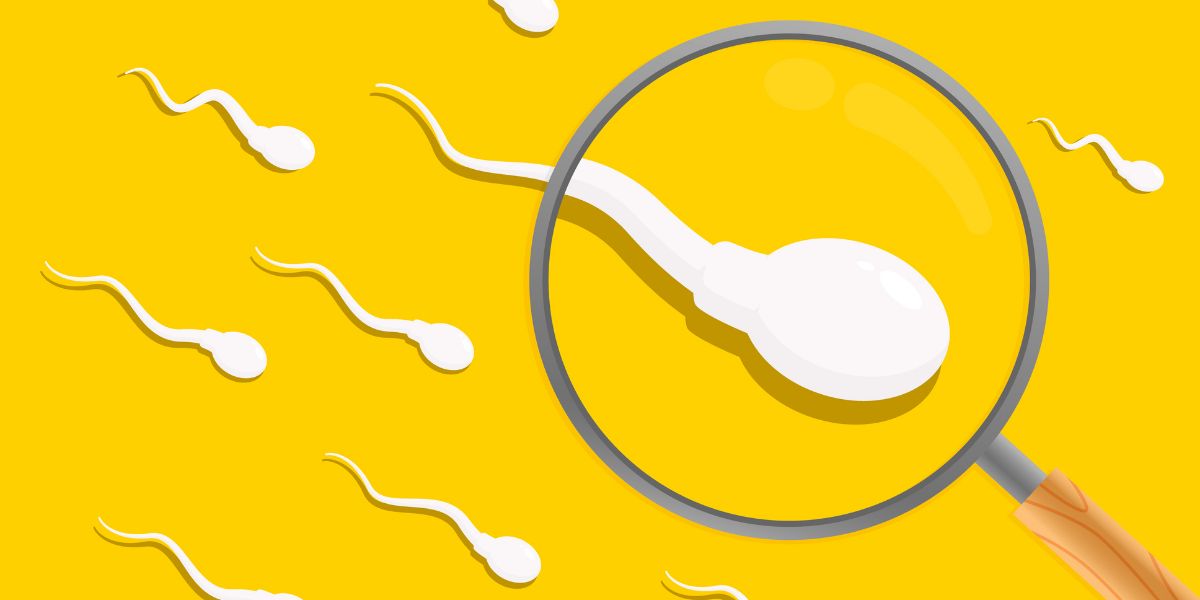Whilst diabetes needn’t present fertility problems, there are some conditions related to male infertility which are more likely, particularly in diabetes that has either not been well controlled or has been present for many years.
We look at what these conditions are as well as the treatment options that are available.
Conditions
A number of issues can cause infertility in men.
These include:
- Erectile dysfunction
- Retarded ejaculation (delayed ejaculation)
- Retrograde ejaculation
- Reduced sperm quality
- Hypogonadism (low testosterone)
Erectile dysfunction (ED)
Erectile dysfunction is a common problem associated with diabetes that causes difficulty with getting or maintaining an erection. It is caused by neuropathy (nerve damage) and reduced blood circulation typically as a result of less well controlled diabetes or long standing diabetes.
High levels of blood glucose, blood pressure and cholesterol are all associated with an increased risk of erectile difficulties. Getting these under control, as well as cutting down on alcohol and quitting smoking can help to reduce the effects of ED. A number of different treatment options are also available.
Retarded ejaculation
Ejaculation problems can also result if nerves in the penis become damaged Lack of nerve sensitivity is one problem which can affect the ability to ejaculation. Retarded, delayed and impaired ejaculation are all terms which describe a difficulty in achieving ejaculation.
Note that retarded ejaculation can also be caused or influenced by psychological problems, age and by certain medications.
If impaired ejaculation is brought on psychological problems then treatment, such as through counselling or psychosexual therapy
Ejaculation problems caused by nerve damage tend not to be treatable but it may be possible to find sex positions that result in improved nerve stimulation.
Assisted reproduction technology (ART), such as IVF, can help with treating infertility if conception via intercourse is problematic or impossible.
Retrograde ejaculation
Another problem that may result from neuropathy ( autonomic neuropathy ) is retrograde ejaculation. This occurs if nerves are unable to control the muscles of the bladder from closing at the point of ejaculatio, which results in semen entering the bladder rather than exiting via the penis.
Retrograde ejaculation does not cause health problems but can impair conception. If looking to conceive, sperm can still be collected and used via assisted reproduction technology.
Reduced sperm quality
Research shows that diabetes can lead to reduced sperm quality but diabetes as such does not appear to affect motility of sperm (the ability of the sperm to move towards the egg) or cause infertility as a result.
Obesity, however, has been linked with decreased pregnancy rates as well as greater pregnancy loss when going through assisted reproductive technology.
Whilst there is inconclusive evidence that obesity affects sperm motility, there is evidence suggesting that obesity is associated with reduced sperm concentration.
Hypogonadism (low testosterone levels)
Research studies show that around 1 in 4 men with type 2 diabetes have low testosterone levels (hypogonadism). Low testosterone levels can lead to problems which can reduce fertility such as low sperm count, erectile dysfunction and decreased sex drive
Testosterone replacement therapy can be given in a number of different ways, including by injectio, capsules and implants, to treat hypogonadism.
Medications
A number of prescription medications have been linked with problems that can lead to infertility.
- Sulfasalazine, used to treat rheumatoid arthritis, can lead to reduced sperm count.
- Chemotherapy, for cancer treatment, can reduce sperm production.
- Selective serotonin reuptake inhibitors (SSRIs), a type of antidepressant, has been associated with delayed ejaculation.
- Blood pressure medications , such as beta-blockers and alpha-blockers, and diuretics are associated with increased risk of erectile dysfunction.
- Use of calcium channel blockers, an alternative blood pressure medication, has been linked directly with decreased fertility whilst they are being taken.




